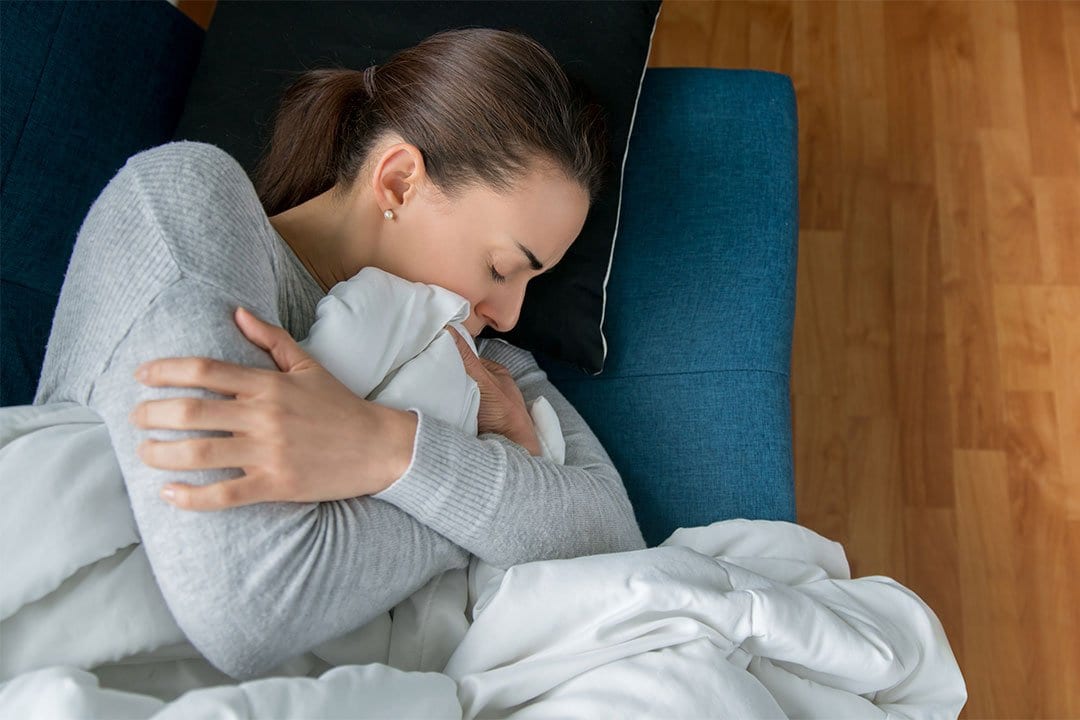Is It Depression? Or Post-holiday Blues?
 If you find yourself getting swept-up in the joy of the holiday season, you're not alone. The decorations, lights, gifts, and parties are all fun to enjoy, but there's also a shared sense of peace, kindness, and hope that play a big role in making our season bright. For a few short weeks each year, most people – even family members – are willing to lay aside their differences and just get along.
If you find yourself getting swept-up in the joy of the holiday season, you're not alone. The decorations, lights, gifts, and parties are all fun to enjoy, but there's also a shared sense of peace, kindness, and hope that play a big role in making our season bright. For a few short weeks each year, most people – even family members – are willing to lay aside their differences and just get along.
But what happens when the holidays are over? After the ball drops on New Year's Eve, the decorations go back in storage, and the credit card bills start to pile up in the mailbox, many of us are faced with the lingering dread of going back to "life as normal." And, while these "post-holiday blues" are fairly common for most of us, other times they can signal a deeper mental health condition like anxiety or depression.
While there's not a lot of research on the causes of post-holiday depression, medical experts tend to agree it has a lot to do with the "adrenaline comedown" our bodies experience following the holidays. For some, this sudden withdrawal of stress hormones can send them into a downward spiral of sadness, loneliness, and despair.
There's also medical research that shows a correlation between the long, cold, dark months of January and February and the onset of Seasonal Affective Disorder (SAD). The lack of sunlight during these winter months can lead to a combined decrease in serotonin and an increase in melatonin, which can result in even more hormonal fluctuations following the holiday season.
So, how do you know if it's a simple case of post-holiday blues or a more serious condition that requires medical treatment? The key is to recognize the signs.
- Difficulty sleeping or sleeping too much
- Extreme fatigue
- Loss of energy
- Significant changes in weight or appetite
- Agitation or anxiety
- Feelings of worthlessness or guilt
If you're NOT exhibiting any of these tell-tale signs of anxiety or depression, chances are you may be experiencing a temporary case of the "post-holiday blues." To ward of the feelings of sadness and loneliness, try these pro-active steps:
- Be good to yourself. Recognize this "coming down" period for what it is. Relax with a warm bath before bed, a foot soak, calming music, or a cup of tea.
- Keep your goals realistic. Making New Year's Resolutions is good incentive for a lot of people, but it's not for everyone. If you do set a goal for the new year, start small and make it attainable. Instead of committing to losing 20 pounds maybe just consider eating more vegetables, drinking more water, and being more active.
- Get plenty of sleep. The average adult needs at least 7 hours of sleep per night. If you're regularly missing this milestone, chances are you have little energy left to "be more active." Talk to your doctor about your options. There are many!
- Plan something to look forward to. Whether it's a weekend up north, a getaway with the friends, or a visit to the "always warm and sunny" indoor rainforest at the Minnesota Zoo, make a plan and get something on the calendar!
- Share with friends. Following the holidays, you might think your family is more dysfunctional than anyone else's, but you're probably wrong. Learn to share and laugh it off with friends. Sometimes laughter really is the best therapy.
- Get some help. Don't be a hero when it comes to your mental health. Recognize the warning signs and know when to call someone for help. There's always an answer and you're never alone.